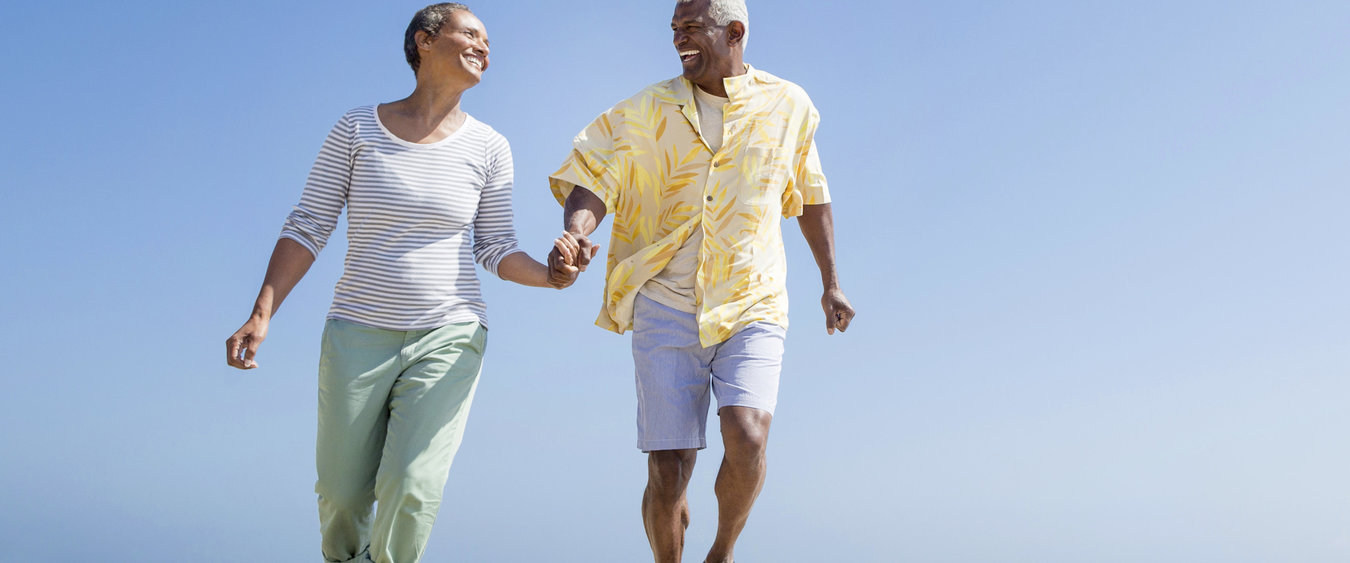What are healthy agers looking for
There is a shift taking place in the attitudes and lifestyles of seniors. The notion of ‘old age’ is getting pushed back further and seniors today consist of several quite different age groups. Older generations of seniors are typically traditionalists, conservatives; they value old-time morals, security and consistency. Younger-generation seniors tend to be more modern; they feel younger than their actual age, they’re open to new technologies and they’re comfort-oriented.
As these boundaries shift, attitudes towards health are changing as well. The traditionalists are concerned about chronic and age-related conditions such as joint discomfort, stiffness, more fragile bones etc. Younger seniors focus more on looking for ways to prevent those conditions and to delay the aging process. Medical advancement and innovations are making them more aware of, and educated about, the concept of eating well and the value of supplements, functional foods and beverages. They proactively look for preventive nutritional solutions, including dietary supplements and functional foods and beverages that can help them stay ‘fit and beautiful’ and prolong their healthy life years.
The global population above 60 is expected to reach nearly 2.1 billion by 2050. Attitudes towards age-related diseases are fairly uniform: most seniors want to avoid age-related diseases and are focused on healthy lifestyles. However, attitudes towards becoming elderly may differ between regions. In Asian countries, the elderly generally gain respect in society and are more comfortable with the idea of aging. This means they’re willing to try supplements marketed as healthy aging solutions. In Western countries, consumers are less comfortable with the concept of getting old and supplements with a ‘senior image’ will have less appeal.
Overall, elderly consumers prefer clearer labels, simplified ingredients, and a product formulated to target their specific needs. As their appetites diminish, they will be more interested in taste and easy palatability when it comes to choosing nutritional products. Also, the ‘one-size-fits-all’ approach to senior nutrition is no longer applicable to these consumers, because of the rise of personalized nutrition and the differences between senior age groups.
According to Innova, consumers in their 40+ place being ‘fit and beautiful’ high on their agendas. This means they are looking for supplements that can support skin beauty and digestive health as well as immunity. For 60+ category, being independent in everyday life is crucial, so mobility enhancers are a top priority. For the 80+ age group, tackling malnutrition, sarcopenia and dysphagia are important. So as a supplement manufacturer formulating for healthy agers, you must first identify your target audience and age segment; then you can decide how to formulate, package and position your product.
Aging is a reality for all of us. But today’s consumers start to worry about their health at a much earlier age than previous generations did. Tying in with that is the fact that people today want to live well, not just long. With that in mind, ‘An ounce of prevention is worth a pound of cure’. Young seniors should be looking at supplements that can offer both symptom relief and prevention: protect and maintain are the key verbs here. As a supplement manufacturer, you can appeal to these younger seniors by offering products that tackle both short-term issues – which is important for re-purchase – and long term issues. That means preventing future problems by addressing gaps in nutritional intake.
Tune in the next few days to find out the answers to what the top health conditions/issues are that modern seniors contend with today.
To know more about the healthy ageig solution please click here.
References:
The Healthy Marketing Team: Healthy agers and how they do health, 2016
Motivaction: Healthy aging consumer (food) behavior, 2015
Nielsen report: Global generational lifestyles, November 2015
Innova infographic: Tackling need states by age, 2017
United Nations: World population ageing, 2017
Innova expert insights: Health ingredients to target tomorrow’s silver population, 2017
DISCLAIMER:
Rousselot makes no representation or warranty, whether expressed or implied, as to the accuracy, reliability, or completeness of the information, nor does it assume any legal liability, whether direct or indirect, for any information. Use of this information shall be at your discretion and risk. Nothing herein relieves you from carrying out your own suitability determinations and tests and from your obligation to comply with all applicable laws and regulations and to observe all third-party rights. This product is not intended to diagnose, treat, cure, or prevent any disease.
